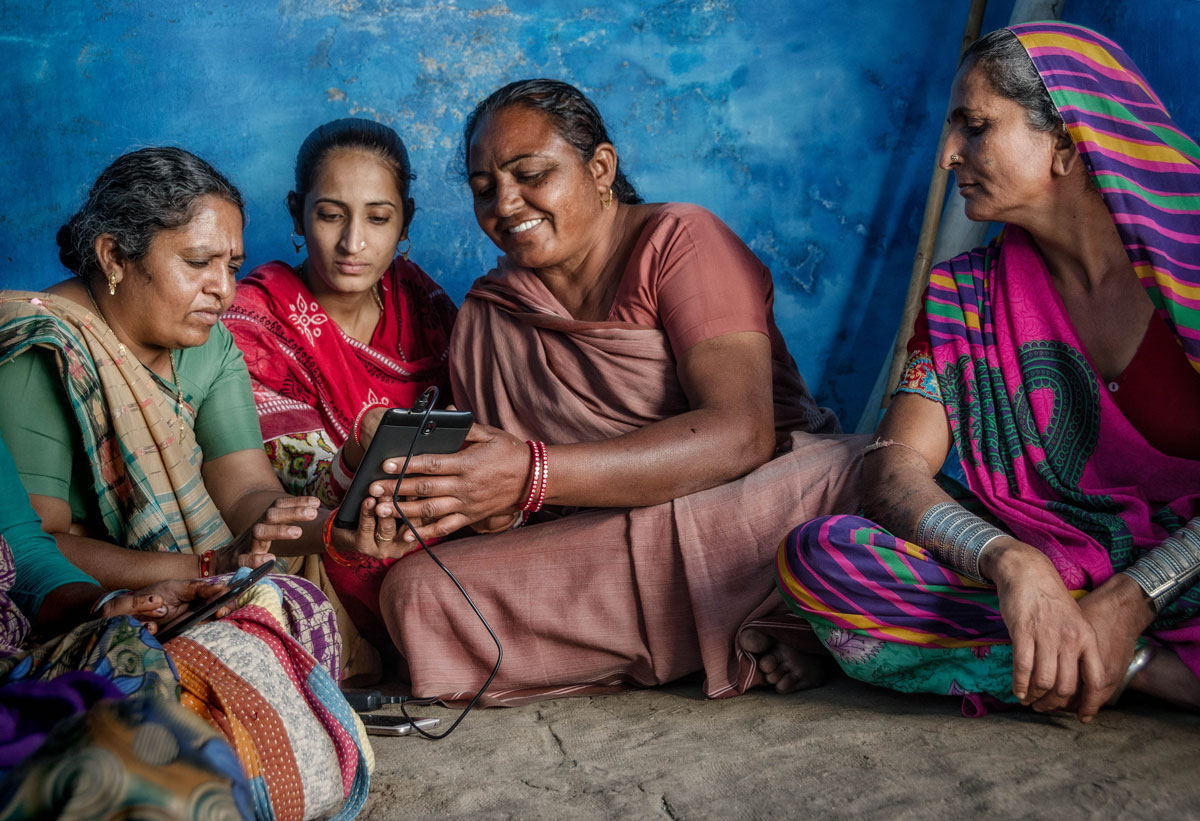Education Programs
Future of Work and Workers
The unprecedented convergence of the forces of globalization, urbanization, changing demographics, and climate change are fundamentally changing the way we live and work. While artificial intelligence and advanced robotics have improved productivity and increased convenience, there are concerns about jobs losses due to automation. Against this complex backdrop, there are real concerns among workers, organizations, and governments about the future of work and the very nature of work itself.
The purpose of this course is to help participants better understand the magnitude and intensity of the current changes shaping the world of work and provide a peek into what is to come. Starting with the history and evolution of ‘work’ and touching on topics such as the Industrial Revolutions and the Labour Movement to provide some historical context, this ambitious course will then help participants better understand the key technologies that are shaping the future of work – including Artificial Intelligence, Advanced Robotics, AR/VR, Blockchain, 3D Printing and Internet of Things. While taking a global view on the issue, the course will also delve into real-life case studies that are rooted in local contexts.
The course will provide opportunities for meaningful interactions with a selection of dynamic leaders and thinkers, and include the perspectives of policy, industry, labour, community, academia, research, and civil society. This will comprise identifying strategies for a just transition including future-proof skills development, retooling for the future and life-long learning, ideas around universal basic income and social protection, as well as investments in green technologies.
DATES
September 15 – November 21, 2025
Registration closes September 2, 2025, or earlier if we reach the enrolment cap of 30 participants.
FACILITATORS: Yogesh Ghore and Farouk Jiwa
DURATION
10 weeks
COURSE TYPE
Online
Who can register
Personal benefits
In this course, you will:
- understand the historical context of work and how it has evolved with each industrial revolution, along with the challenges, opportunities, and responses from various stakeholders;
- build a clear synthesis of the impact of urbanization, changing demographics, climate change, and other factors on the landscape of work globally;
- learn about the current trends and innovations in new and emerging technologies such as artificial intelligence, virtual reality, advanced robotics, 3D printing, Block Chain, and the Internet of Things;
- develop a clear conceptual framework of the implications of these technologies as well as other forces on current and future jobs;
- learn about strategies and examples such as investments in building human capital, including skills development and life-long learning, labour market regulation, and social protection;
- connect and network with like-minded individuals from various organizations around the world who are interested in the future of work and workers; and
- get advice and tips from leading experts in the field on how to develop the critical skills and pivoting capability to advance your own professional and personal development.
Time requirement
You should prepare to dedicate 6 to 8 hours per week over the course of 10-weeks. This course will use blended model of delivery which includes a combination of weekly live sessions, asynchronous learning activities, and independent work time. The live sessions will happen on Zoom each Tuesday from 9 to 11:30 AM, (Atlantic Time).
Fees
Coady Institute is committed to ensuring that practitioners and community members dedicated to community-led development worldwide have access to its courses. Thanks to the generous support of individual, institutional, and corporate donors, the tuition fee of $2,000 CAD has been reduced to $600 CAD plus HST.
Full bursaries are available for First Nations, Métis, and Inuit community members residing in Canada, as well as members of African Nova Scotian communities and Nova Scotians of African descent. To request a full bursary, please contact us at coadyadmit@stfx.ca.
If paying by credit card is not an option, please contact coadyfinance@stfx.ca to arrange an alternative payment method.

This course is online. You will need a computer, reliable internet access (high speed is recommended), speakers and microphone.

